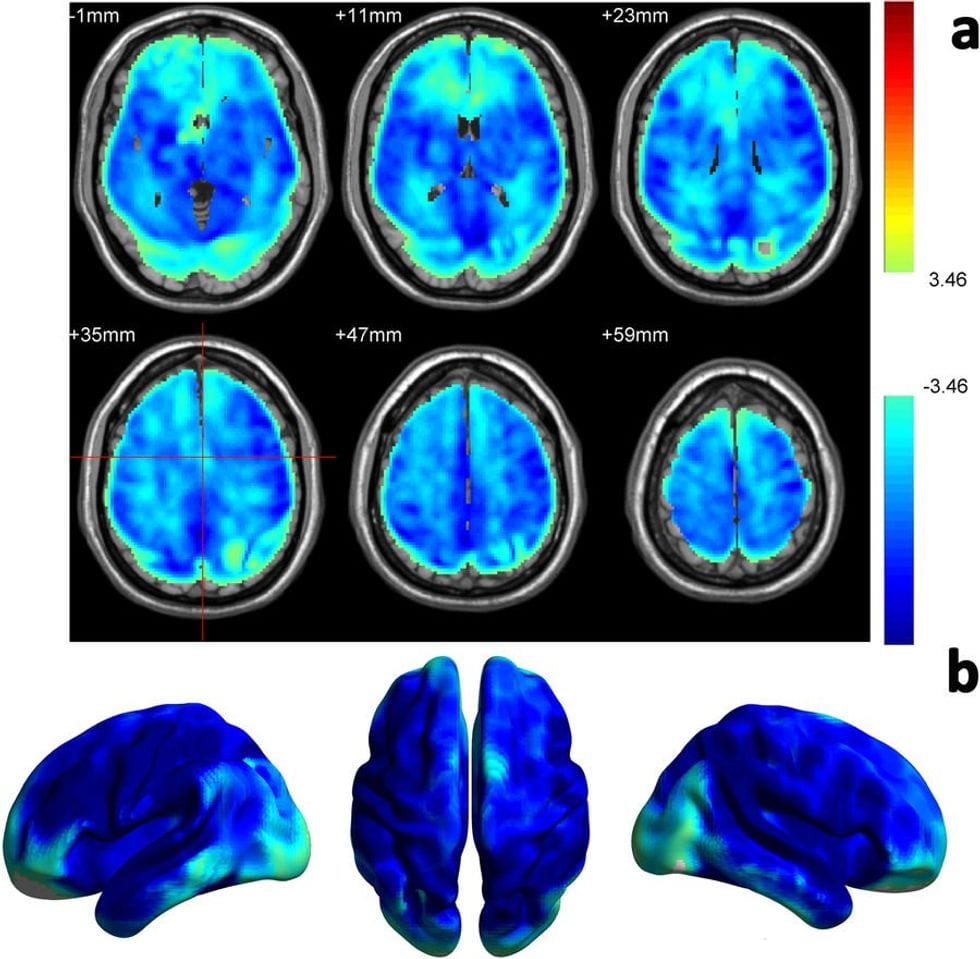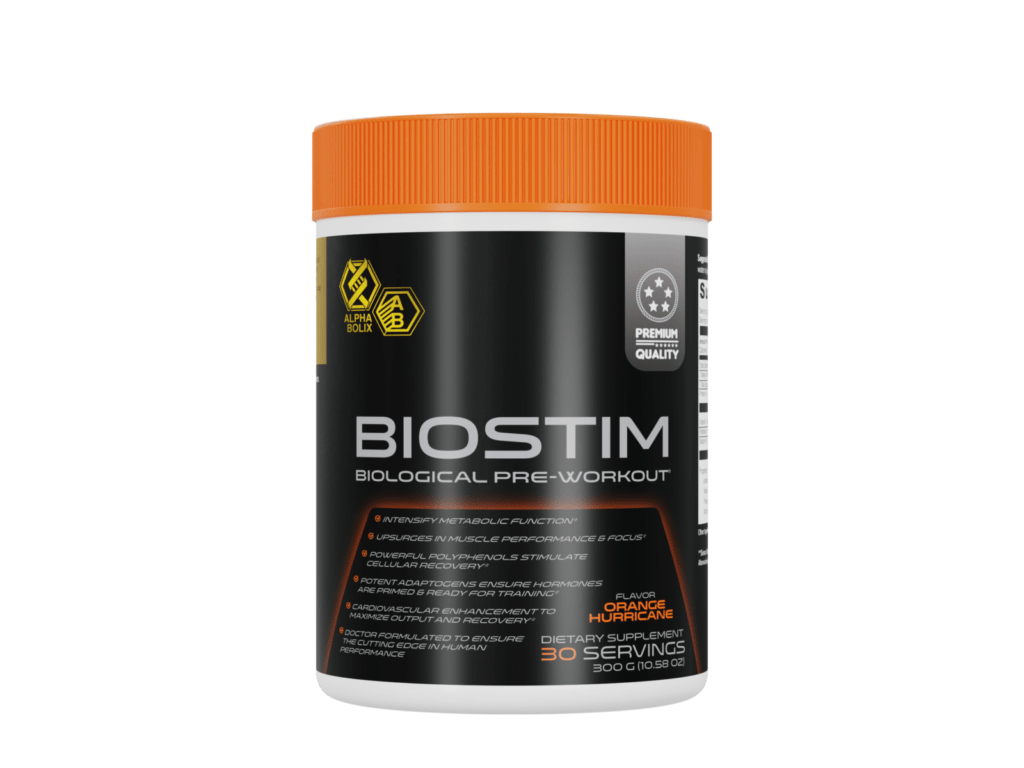
Explanation of Caffeine and Preworkouts
If you often use a cup (or two) of coffee or preworkout to motivate you to get active, you may be posing a risk to your health. It’s actually counterintuitive to getting into better shape and building muscle. Not a “coffee” drinker? Did you know that there is more than triple and sometimes even 5 times the amount of caffeine in most pre-workout supplements? The average serving packet of pre-workout can pack up to 500mg (up to 5 cups of coffee worth) of caffeine in just 1 little scoop.
Especially if you don’t normally drink caffeine, your blood pressure elevates from consuming only 100 mg of caffeine(1-2 cups of coffee). As this already puts pressure on your heart, coupled with an intense workout that can also increase blood pressure, this could be detrimental to your health and set you back from what you are trying to achieve in the gym. Restricted blood flow means restricted oxygen and nutrients delivery to your muscles during your workout, thus negatively effecting your muscle growth, recover and performance. A 2018 study concluded that drinking the equivalent of 3 or more cups of coffee a day, for men, significantly increased their chances of a heart attack.

Caffeine induced whole brain cerebral blood flow (CBF) decrease. Paired-t test showed that compared with control condition (no caffeine), caffeine induced whole brain CBF decrease. (a) is the thresholded t map presented in 2D, blue means lower after caffeine ingestion, p < 0.001. (b) is the same result presentation in 3D. (Scientific Reports ISSN 2045-2322)
Side Effects of caffeine
Other side effects of caffeine and preworkouts, especially in high doses, include headache, nausea, jittery-ness, indigestion, depression, drowsiness or insomnia, and even infertility. Many caffeine drinkers become “addicted” or dependant on caffeine as part of their daily routine. Although you may not notice these side-effects as connected with your caffeine consumption, their impacts over time can highly interfere with your daily life.
Caffeine, if used in high doses for athletic performance has long been a popular way of boosting energy and muscle strength. A study done by the Dublin City University in Ireland saw that if you consume caffeine as part of your regular pre-fitness regime (or even every morning when you wake up), over time, you actually de-sensitize your body to its effects (even in high-doses) while still posing a health risk to your heart and body. With any perceived benefit theory caffeine has on your workout and athletic performance, is it really worth the added health scare? When breaking down all these facts, from vasoconstriction to increased blood pressure to reduction in nutrient and oxygen delivery. It shows to have a true negative effect on your “Gains” in the gym.
When coffee beans are roasted from their initial green state, you actually lose much of their health benefits – and require up to 5 times more intake to get the same effect. One serving of green coffee beans (20mg) is the same as drinking one cup of coffee (up to 100 mg of caffeine). Green coffee bean extract can actually aid in weight loss, boost metabolism, increase focus, normalize blood sugars, and be beneficial to your overall heart health – and so much more.
what makes biostim biological preworkout the best solution?

BIOSTIM, formulated by doctors, is a preworkout that aims to intensify focus and boost muscle performance without a high intake of caffeine. BIOSTIM “transforms your body into a metabolic powerhouse” In fact, among their innovative ingredient mixture, only a very small amount of caffeine is used due to its naturally occurring presence in green coffee bean extract. Instead of solely depending on caffeine to increase performance, BIOSTIM uses other nutrients and ingredients, including White Panex ginseng, DMG Vitamin C, and a vegetable/Orange fruits blend to promote the best output performance.

Interested in finding out if BIOSTIM biological preworkout is the right tool needed as part of your pre-workout routine? Find out more information here.


